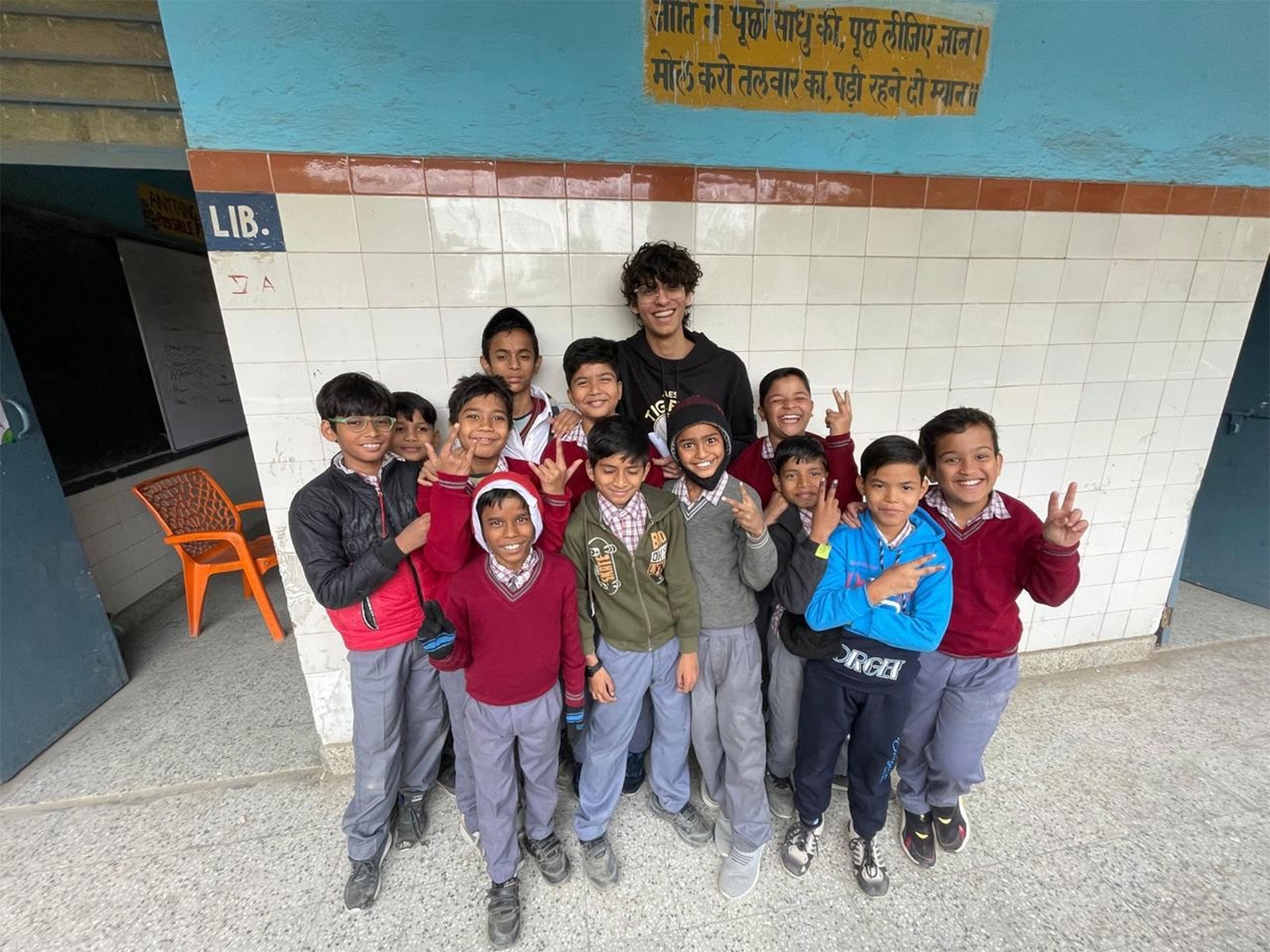VMPL
New Delhi [India], September 25: In a smog-heavy corner of Okhla, a 14-year-old boy shared what he missed the most during Delhi’s polluted winter days — not fresh air or blue skies, but recess. On days when air quality plunges, his school cancels classes, cutting off not just learning in the classroom but also the only time he gets to run, play, and simply be a child. That small, overlooked detail stayed with a group of teenagers, including 17-year-old Aarkin Soni from the American Embassy School. For them, it wasn’t just a passing conversation — it was a call to act. That moment gave birth to Filtair, a student-led initiative that sees clean air not as a luxury, but as a fundamental right.
Filtair is a simple, do-it-yourself air purifier designed to be low-cost, portable, and easy enough for anyone to assemble without specialized tools. While most commercial air purifiers remain out of reach for low-income families, Filtair was created to fill that gap — not with sleek branding, but with real accessibility. Soni and his peers have taken this vision into schools and community centers, holding workshops to teach students how to build their own purifiers, one filter at a time. Their effort won accolades at the Diamond Challenge – India Pitch Event earlier this year, but for the team, real success lies in helping a child continue his learning without fear of polluted air.
The movement has also found tangible backing, with Filtair receiving ₹1,00,000 in CSR funding to expand its reach. These resources will allow the team to scale their workshops and distribute purifiers across more underserved areas of Delhi. But funding is only one part of the equation — what drives the project is the idea that children, regardless of where they live, should not have to sacrifice play, health, or learning because of the air they breathe.
Soni’s civic focus goes beyond air quality. His sanitation campaign, Shades of Clean, uses humor-driven storytelling to shift public attitudes around hygiene and personal responsibility. He’s also actively petitioning for better waste management systems in the city. And in an unexpected but telling extension of his interests, Soni has authored a peer-reviewed paper on space governance — raising questions about how we manage shared resources on Earth and beyond. For him, these threads are part of the same fabric: protecting common spaces before they become irreparably damaged.
What makes Filtair resonate isn’t just its technical ingenuity — it’s the empathy behind it. In a city where pollution is usually measured in parts per million, this initiative reframes the crisis in human terms: missed childhoods, cancelled recesses, and quiet inequalities. The teenagers behind it aren’t waiting for sweeping policy reform; they’re building solutions from the ground up. And even if the boy in Okhla never meets the students who designed this for him, he’ll breathe a little easier because someone chose to turn his story into a mission.
(ADVERTORIAL DISCLAIMER: The above press release has been provided by VMPL. ANI will not be responsible in any way for the content of the same.)
Disclaimer: This story is auto-generated from a syndicated feed of ANI; only the image & headline may have been reworked by News Services Division of World News Network Inc Ltd and Palghar News and Pune News and World News
HINDI, MARATHI, GUJARATI, TAMIL, TELUGU, BENGALI, KANNADA, ORIYA, PUNJABI, URDU, MALAYALAM
For more details and packages













